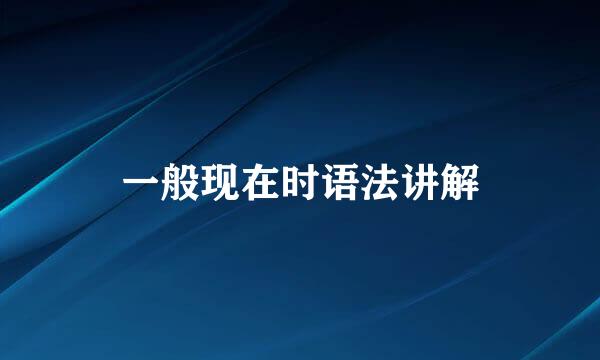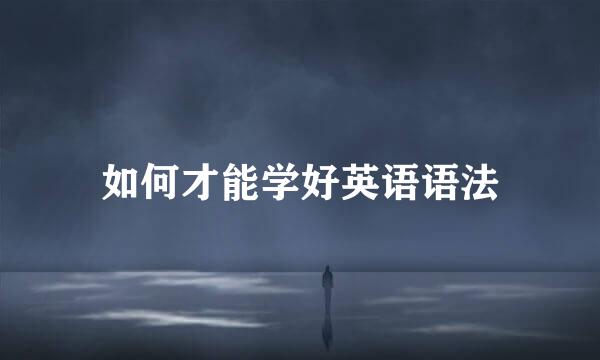一般现在时语法讲解
的有关信息介绍如下:
一般现在时表示现在的经常性、习惯性动作或状态。一般现在时还可以表示客观真理、科学事实。一般现在时还可用在if, unless引l导的条件状语从句中。
用法一:一般现在时表示现在的经常性、习惯性动作或状态。
如:
We have meals three times a day.
我们一日吃三餐。(现在的习惯)
He is always ready to help others
他总是乐于助人。(现在的状态)
用法二:一般现在时还可以表示客观真理、科学事实。如:
The sun rises in the east.
太阳从东方升起。
用法三:一般现在时还可用在if, unless引l导的条件状语从句中,由when, before, until/till, as soon as, the moment,once引导的时间状语从句中,由 even if, no matter what/who/ which/when/where/how 或 whatever, whoever, whichever, whenever, wherever,however引导的让步状语从句中表示将来的动作或状态。如:
i'll go with you as soon as I finish my work
我睡盯薪一完成工作就跟你走
If city noises are not kept from increasing, people will have to
shout to be heard even at the dinner table 20 years from now.
如果不阻止城市噪音继续躲王增加的话,从现在起20年后人即使在饭桌旁也不得不大喊着才能被听到。Whateveryousay,Iwillnotchangemymind无论你说什么,我都不会改变主意。
用法四:在以here, there开头的句子中,用一般现在时表沫轿正在发生的动作,如:
There goes the bell。
铃响了
Here comes the bus。
公共汽车来了
用法五:图片说明、电影说明、解说戏剧内容及场景,如:
Scene I( Mary is in the professor's room-a large, cozy room.
There is a big desk...)
常与一般现在时搭配的时间副词和时间状语: always( at all
times), often( usually, regularly, frequently, more often than not
sometimes(once in a while, now and then, at times, occasionally
seldom, rarely, hardly, never等。



